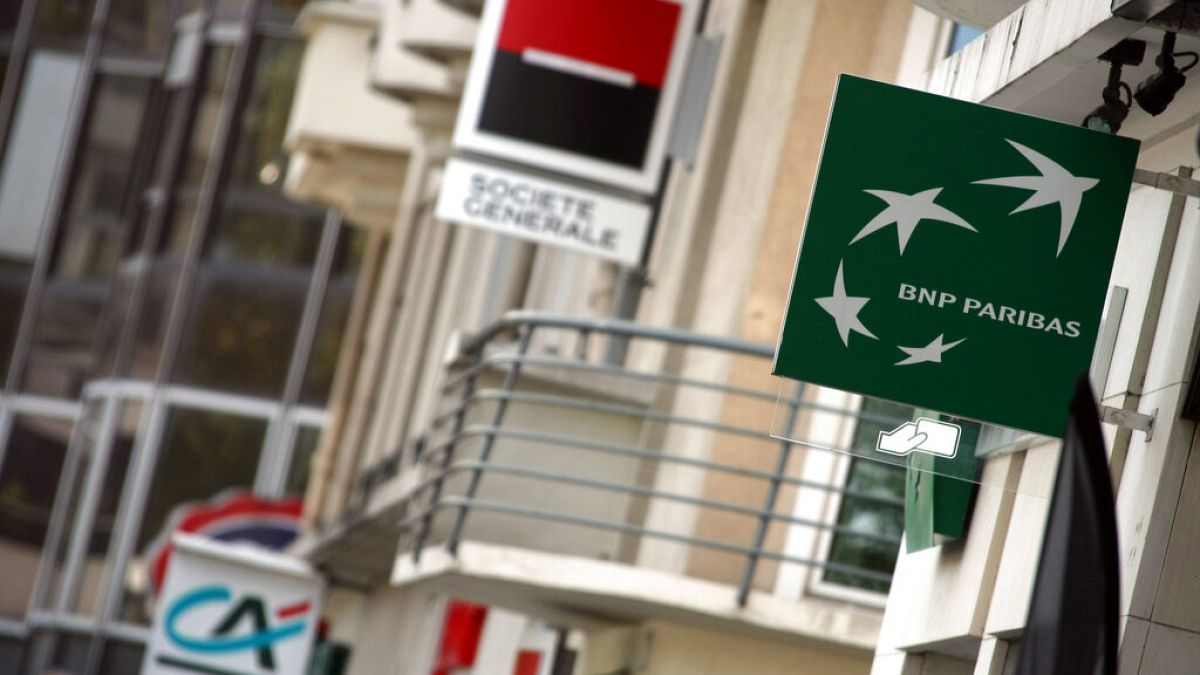Eurozone banks have been pouring billions a year into a controversial EU fund designed to limit taxpayer bailouts – but it still might not be enough, a senior official said.
A controversial EU bank crisis fund has reached its intended €78 billion capacity, meaning that lenders won’t need to pay in further annual contributions, a senior official announced today (13 February).
The Single Resolution Fund is designed to avoid 2008-style taxpayer bailouts of the financial system – and eurozone banks have been collectively stumping up ten billion euros each year until it reaches a level equal to 1% of bank deposits.
The Fund “has reached its target level”, said Dominique Laboureix, who chairs the Single Resolution Board (SRB) which administers the reserve, at a conference in Brussels. “The SRB will not be issuing a request for contributions for this current year”.
A treaty intended to bolster the private-sector fund with an extra €68 billion of public money has not yet been ratified by Italy, which Laboureix told reporters was a “pity”.
But even those funds might prove too paltry.
“We can tackle the enormous majority of cases”, Laboureix said. Yet the very largest banks – those such as Deutsche Bank and Santander, whose collapse could topple the global financial system – might need to “request a bit more” than the €145 billion available if they underwent a crisis, he said.
Last year, the Swiss central bank had to offer the troubled Credit Suisse a credit line of around 100 billion Swiss francs (€106 billion), and even the midsized Spanish lender Banco Popular had liabilities of around €150 billion when it was rescued by the SRB in 2017.
Having to stump up for the EU fund has proved understandably unpopular with the bloc’s banks, many of whom have sought to challenge the financial demands in court.
But Laboureix said he was “very happy” with a December ruling from EU courts that struck down the 2021 bills sent to Credit Agricole and Societe Generale, noting that the rulings concerned the format, not the content.
“The court told us to rephrase, and justify better, the same amount,” he said, saying there was no overall risk to the fund from the judicial decision. “This is not what the bankers wanted to have ... they won’t have any rebate.”



